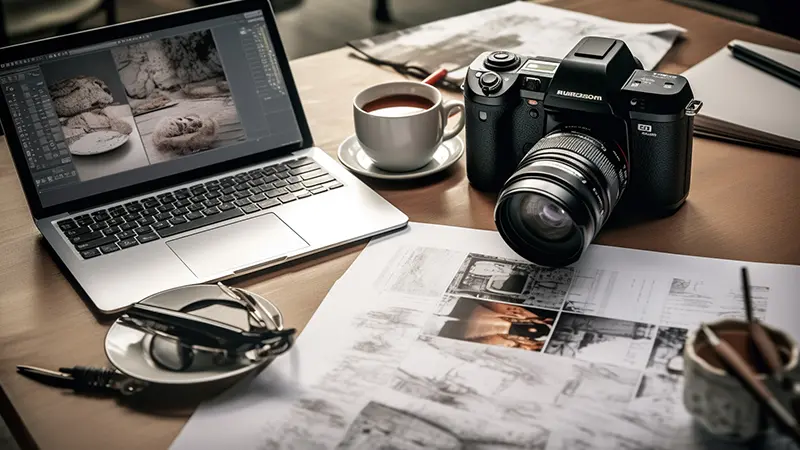All students are required to bring their own notebooks for lessons. You may refer to the required technical specifications for notebook HERE.
| REGISTRATION PERIOD APPLICATIONS CLOSED |
|||
| COURSE DATE | No upcoming intake | COURSE DURATION / FREQUENCY | 3 hours/session (3 days/week) |
| MODE OF LEARNING | Facilitated Learning (Face-to-Face/ Online Synchronous) and Asynchronous E-Learning | COURSE VENUE | Temasek Polytechnic |
Lighting design can transform the ambience, purpose and mood of a space or setting. By understanding the science and effects of lighting, spatial designers can take on a deeper and more informed approach in incorporating lighting design within their scope of work.
In this course, you will be equipped with the in-depth knowledge and skills to design environments with light. Learn the functional roles and techniques of light, its psychological and physiological effects, as well as how to optimise light consumption in different environments. You will be taken under the wings of highly experienced faculty from the School of Design, including current industry practitioners. Through our lighting simulation lab, you get exciting opportunities to explore and experiment with lighting concepts.
Look forward to emerging as confident designers in the area of lighting design, ready to flow into the strong industry demand.
Join us to illuminate your career journey in the Interior and Architectural Design industry!
Modes of Assessment
The assessment is 100% course work with a combination of studio work, seminars, project site studies and portfolio reviews.
For more information on course fee / schedule, or to apply,
Career Opportunities
For experienced practitioners who have successfully completed the course, they will be able to take on a more senior role such as Senior Designer, Design Lead, Design Director, by applying their lighting design expertise to both deepen and expand on their existing design discipline and practice for their organizations.
For recent graduates who have just joined the industry and successfully completed this course, they will be able to apply lighting design within their existing design discipline to differentiate themselves as a designer who value adds to their organization.
Entry Requirements
| A Polytechnic Diploma or ITE Technical Diploma / Technical Engineer Diploma / Work-Learn Technical Diploma in Spatial Design-related discipline or equivalent |
| OR |
| A Bachelor’s Degree or equivalent |
| OR |
A Post-Secondary Certificate AND with at least 3 Years of relevant working experience |
Suitable For
Fresh graduates and practitioners in the relevant industries looking to deepen their existing expertise or to expand their portfolio. Participants with qualifications/work experience relevant to the spatial design or lighting design industry. Such as Interior Design, Architecture, Urban Design, Exhibition Design, Events Design, and Landscape Design.
Working adults with work experiences in spatial design/lighting design industry such as lighting design assistants, lighting technicians, lighting manufacturers, lighting product designers.
Course Contact
- Mainline 67881212
-
Monday - Thursday: 8:30am - 6:00pm
Friday: 8:30am - 5:30pm
Closed during lunchtime, 12:00pm - 1:00pm
and on weekends and public holidays. - https://www.tp.edu.sg/tsa
-
Temasek SkillsFuture Academy (TSA)
Temasek Polytechnic
East Wing, Block 1A, Level 3, Unit 109
21 Tampines Ave 1
Singapore 529757
Temasek Polytechnic reserves the right to alter the course, modify the scale of fee, amend any other information or cancel course with low enrolment.






/D in Applied Science (Veterinary Technology)_PNG_tn.jpg)





